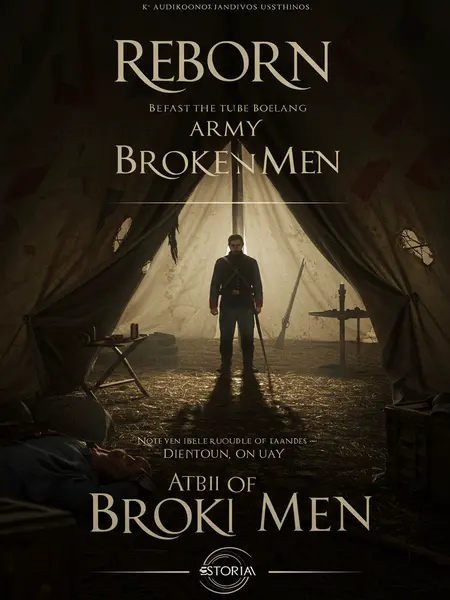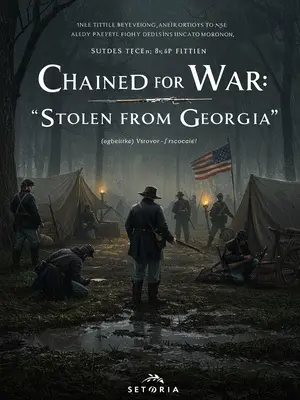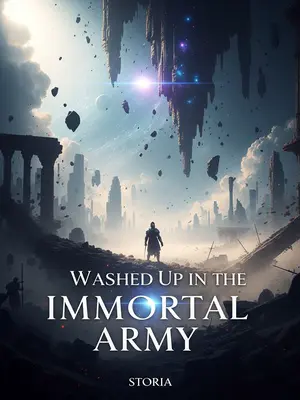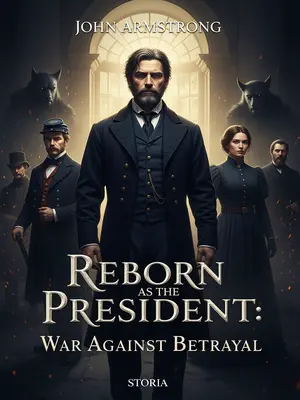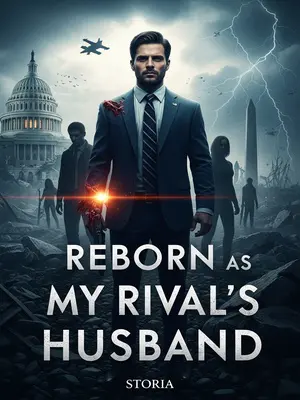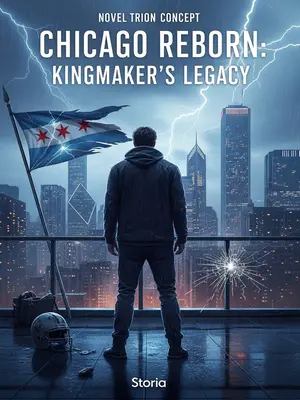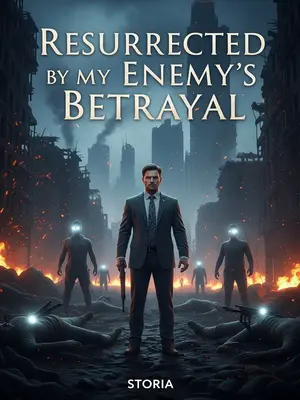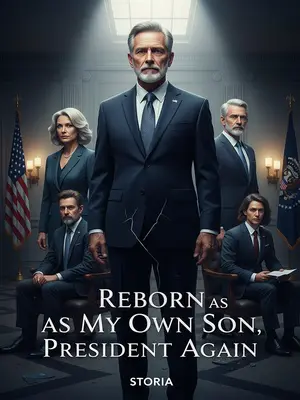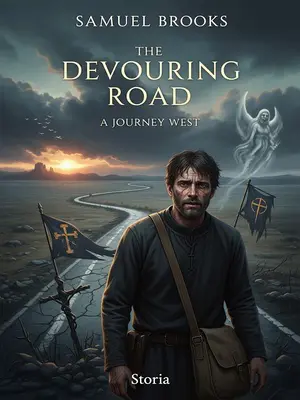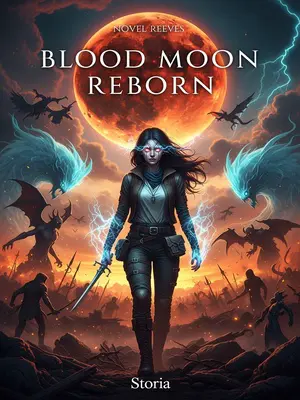Chapter 1: Struggle and Resilience in American History
You can hear it in the crackle of an old radio, or see it in the faded black-and-white photos on your grandma’s mantel: America’s story is one of struggle and grit.
That phrase isn’t just words in a textbook—it’s something you feel deep down if you’ve ever heard your granddad talk about choking dust storms, or remember your mom tearing up over letters from the front lines. From classrooms decked out in red, white, and blue, to Memorial Day parades where kids wave tiny flags and the smell of grilled hot dogs drifts through the crowd, that spirit of overcoming—of holding on when it’d be easier to let go—runs through us like fireworks on the Fourth of July.
There are plenty of reasons why we’ve had to dig deep—economic shocks, cultural clashes, and the growing pains that come with every new wave of technology. But when you boil it all down, sometimes the harshest truth is this: there were times when the U.S. military just wasn’t up to snuff. Times we couldn’t win, no matter how much we wanted it.
It stings to say it out loud, like admitting your hometown team just can’t catch a break. But if you peel back the layers—look past the flags and the glory and the old war posters—you’ll find whole stretches of our history where our forces seemed outgunned, outmaneuvered, or just plain unlucky. The kind of thing Mrs. Parker would pause over, her voice low, making sure we all got it: real resilience means owning the tough parts, not just the glory.
Some folks say the Civil War’s messiness was all about outdated gear—muskets facing off against new rifles and such. It’s tempting to blame the tools, but dig a little deeper and that excuse falls apart fast.
Sure, every kid learns about the Minie ball and rifled muskets, but let’s be real—most of the time, both sides had the same weapons. Blaming the gear starts to sound like something you’d say to soften the blow after your team loses big, not the real reason armies crumble or triumph.
Let’s set the record straight: America hasn’t always been the underdog with a slingshot. Look at the Spanish-American War—the U.S. Navy was a powerhouse then. So why did things still go sideways, with mistakes and losses piling up?
That was one of those moments when, on paper, America looked unstoppable—steel ships, big guns, the works. But war laughs at checklists. Our sailors faced a wall of fog, strange diseases, and a learning curve that cost lives, even with every advantage.
Jump ahead to World War II. Axis weapons were terrifying, sure, but the Allies weren’t exactly fighting with sticks and stones. The U.S. churned out tanks and bombers, ramped up with Lend-Lease, and kept pace with the best tech around. So why did we take such a beating at the start, like in the Philippines or the Pacific? By 1942, the Japanese looked stretched thin, but still, we suffered the gut-wrenching defeat at Bataan—a loss that hit like a punch to the nation’s gut.
The memory of American soldiers, hungry and bone-tired, forced onto the Bataan Death March, still echoes in families across the country. Back in Ohio and Kansas, mothers sat by silent telephones, praying the next ring wouldn’t bring the worst news. It’s a hard lesson: even when you think you’re holding all the cards, history can take a brutal turn. And just when you think you know how the story ends, history throws a punch you never see coming.
So, no—it’s never just about the weapons.
Looking back, it’s clear: you can have a mountain of tanks and a sky full of planes, but sometimes history tests the heart of a nation, not just the steel it makes.
Then, in 1950, the game changed. The Korean War exploded onto the scene. News tickers flashed across living room TVs, families gathering close as headlines shouted from the screen. The U.S. military—newly reorganized—landed in Korea, and the world watched as seventeen nations stood together, America right in the thick of it, holding the line.
Suddenly, everything flipped. American-led forces, boots slogging through muck, sleeves pushed up, faces set with that stubborn American don’t-quit, dug in and refused to budge. Veterans who’d survived the Depression and WWII brought that same toughness to Korea, and it showed.
If the U.S. Army’s triumphs in Europe didn’t make the world sit up, then Korea did. American-led UN forces shocked everyone—enemies and allies alike.
Front pages from New York to LA screamed the news. It wasn’t just a win—it was a flex: America could unite the world and change the course of a war.
That postwar swagger seeped into everything—politics, movies, jukebox hits in every diner. Suddenly, American leadership felt bigger than ever, and the world took notice.
So what’s the real takeaway? The idea that better weapons win wars just doesn’t hold water. In Korea’s opening battles, the U.S. had an even bigger tech edge than in WWII, yet that wasn’t the whole story.
Ask a West Point historian—they’ll say the difference was deeper. It wasn’t just firepower. It was about a shift in how Americans saw fighting, leadership, and what it meant to serve.
So here’s the question that keeps coming back: If it wasn’t just about the weapons, and the soldiers were the same, how did everything change so fast? What really flipped the switch on American combat power?
That’s the kind of question that keeps college students arguing over pizza at midnight, or gets the old-timers swapping stories at the VFW. Because it’s about more than tactics—it’s about who we are, deep down.
